
Read or listen offline
Recommendation
A housing crash is devastating for any society, but whether all groups in the United States suffered the impacts of the 2008 financial crisis equally is an important topic that the mainstream media seldom discuss. Economists Sewin Chan, Andrew Haughwout and Joseph Tracy take a forensic look at the data and conclude that certain communities felt the pain much more acutely, depending on several factors, including race, ethnicity and location. The authors examine the often-overlooked societal consequences – including growing inequality – of America’s current mortgage finance structure, which plays a significant role in shaping the housing market and in deciding who participates in it. Readers will find the report’s strong analysis refreshing and useful, including its coverage of how foreclosure rates and negative equity affect people and their communities. getAbstract recommends this illuminating report to city planners, policy makers, community leaders and others who share its authors’ advocacy for more research in this area.
Take-Aways
About the Authors
Sewin Chan is an associate professor at New York University. Andrew Haughwout and Joseph Tracy are economists at the Federal Reserve Bank of New York.








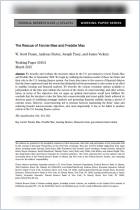
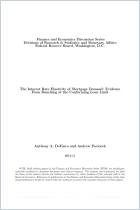
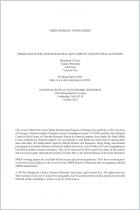
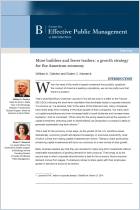
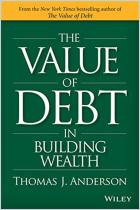
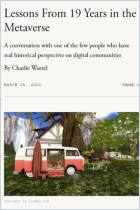





Comment on this summary or Начать обсуждение